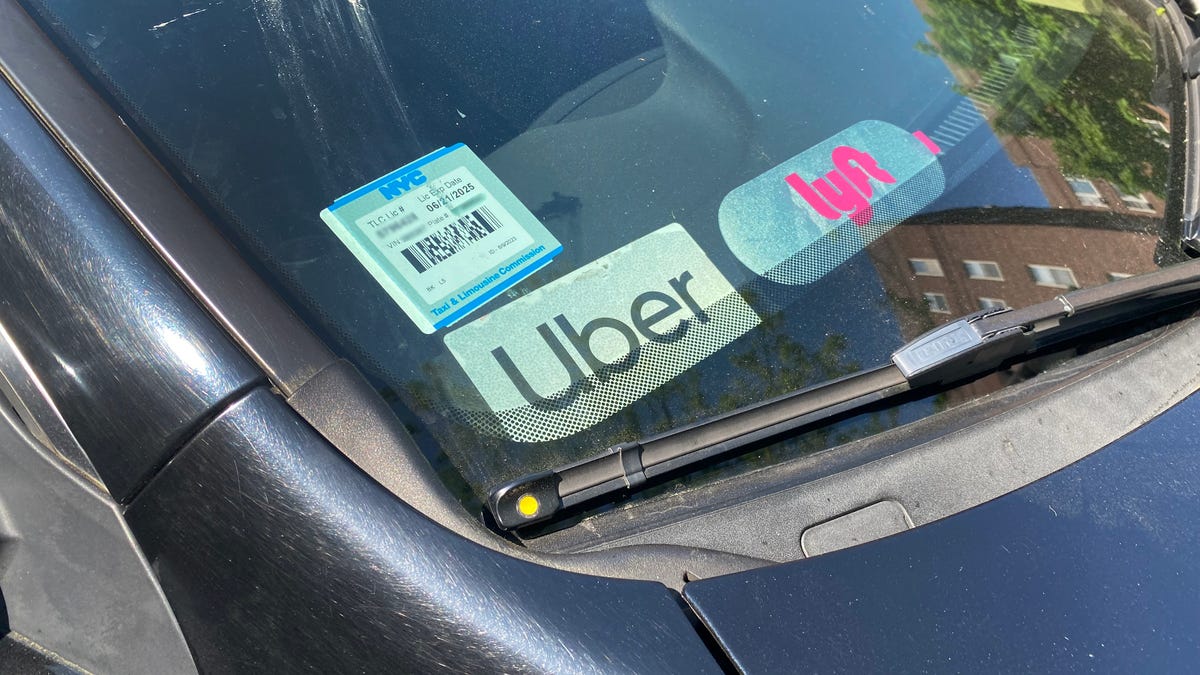We trust gig workers to drive us around, deliver our food and go through the tedium of shopping for our groceries. We trust the profile picture on the app is a safe person and that their employers back that up. One woman made a killing on exploiting that fantasy of safety, and her story is thrilling and terrifying at the same time.
Priscila Barbosa arrived in the U.S. with only $117 to her name and the promise of a ride from the airport — a ride that never showed up. Little did she know on that day in 2018, crying outside the JFK International Airport, that she would become something of a wire fraud crime king pin raking in $10,000 a month.
Her incredible story is detailed by Wired, and it truly highlights one woman’s grit and determination as well as the terrifying ease of scamming ridesharing and gig apps. Barbosa arrived in the U.S. from her native Brazil on a six month tourist visa. After being abandoned by her contact in the U.S., she dusted herself off and made life happen. Her time in the U.S. started with a humble gig at a Brazilian owned pizza place and a single rented room. Then, she discovered gig apps.
Without an American license, however, it seemed like she wouldn’t be able to dip into the then-lucrative gig economy — until someone offered to rent her an identity for $250 a week. When a customer left their wallet in her car, a new scheme, and new way of life, literally fell into her lap. From Wired:
One of her customers left their wallet in her car. She followed the woman’s convoluted instructions to return it, driving to two far-flung locations over two hours. Miffed, at one point Barbosa opened the wallet. She looked at the woman’s license, blonde with blue eyes. Barbosa snapped a picture. She thought the woman might tip her or at least say “thank you” for having wasted two hours, unpaid, to do her a favor. Instead, the woman was rude and short, giving Barbosa the push she’d been looking for. “I said, yeah, now I’m going to use this.”
Over the next few weeks, she would click through the driver onboarding process on both Uber and Lyft, reading over the steps to create her own account, mulling the risk. Finally, lying in bed on Christmas night, the first one she’d spent without her family, it was time: She opened her phone and scrolled to the blonde woman’s license. Barbosa uploaded the license to the Uber app. She used the woman’s name but her own insurance and registration. She entered her own iCloud email and phone number and set her own picture—brown hair, brown eyes—on the driver profile. She made up a Social Security number, submitted the application, and went to sleep.
The next day, Uber approved the account. Like that, Barbosa was in business for herself.
Pretty soon, Barbosa quit driving altogether. She focused on creating new accounts and renting these accounts out to fellow immigrants for gig apps such as Uber, DoorDash and Lyft. She used the apps’ huge gaps in security to set up her black market business, staying flexible enough to keep the scam running for two years. Barbosa estimates she took in nearly $1.4 million during that time.
At one point she was pulling in $10,000 a month, though she told Wired she made $15,000 in one week at one point. This money funded sightseeing trips, designer clothes, several cars and her family’s lifestyle back home in Brazil. It seemed like the good times would never end… right until they did, as they so often do, to the knock of an FBI agent at the door. But if Barbosa is anything, she is a tenacious survivor.
Barbosa’s story is incredibly interesting and well worth your time. Head to Wired to check it out.

